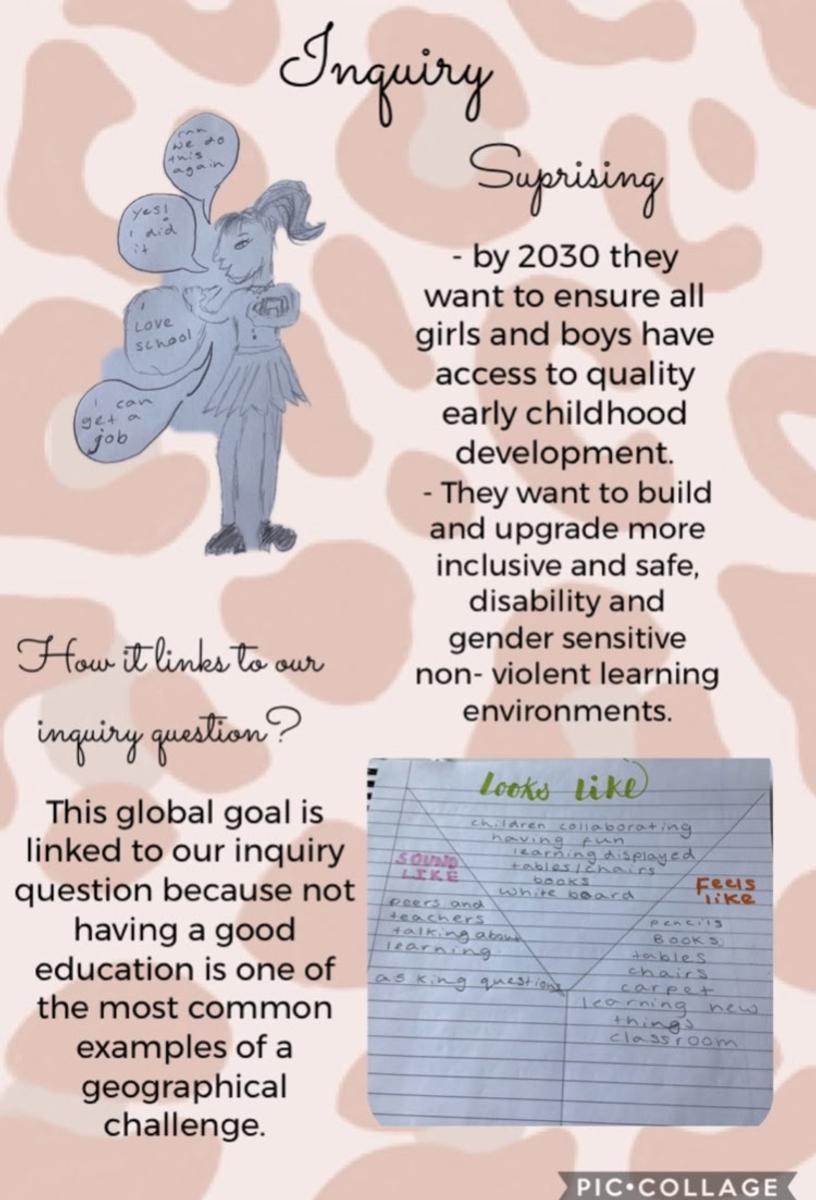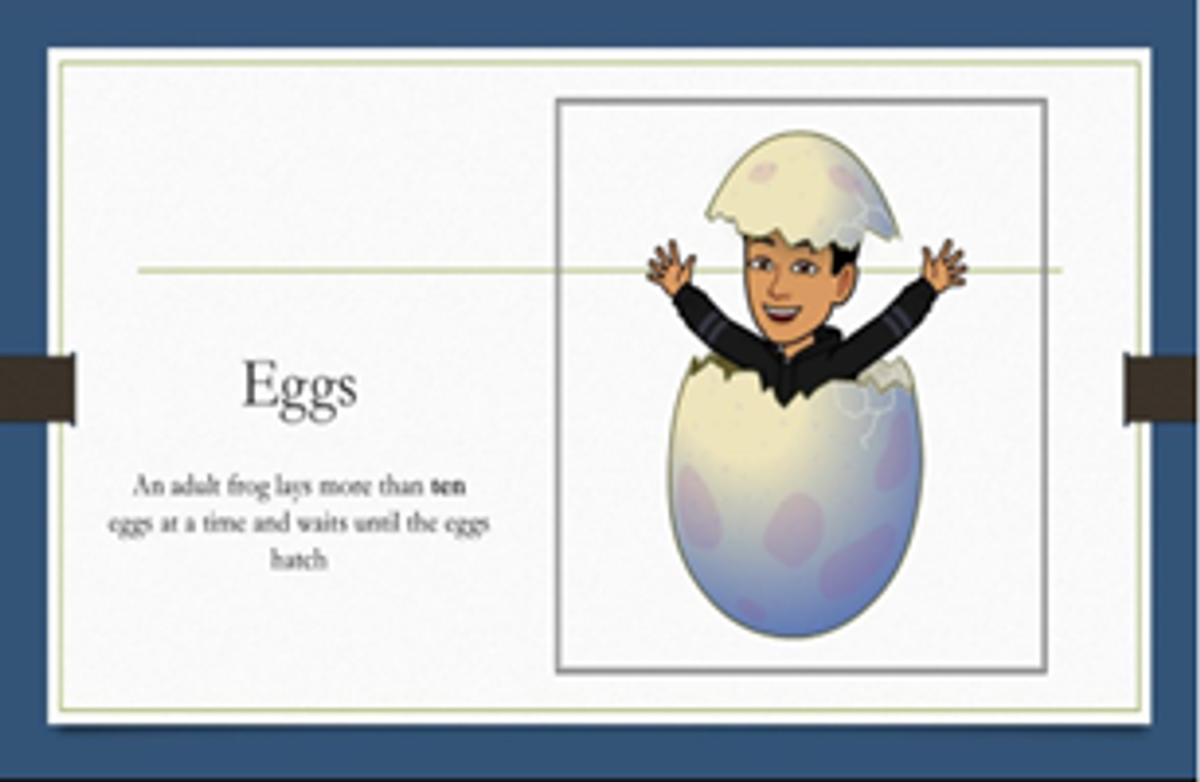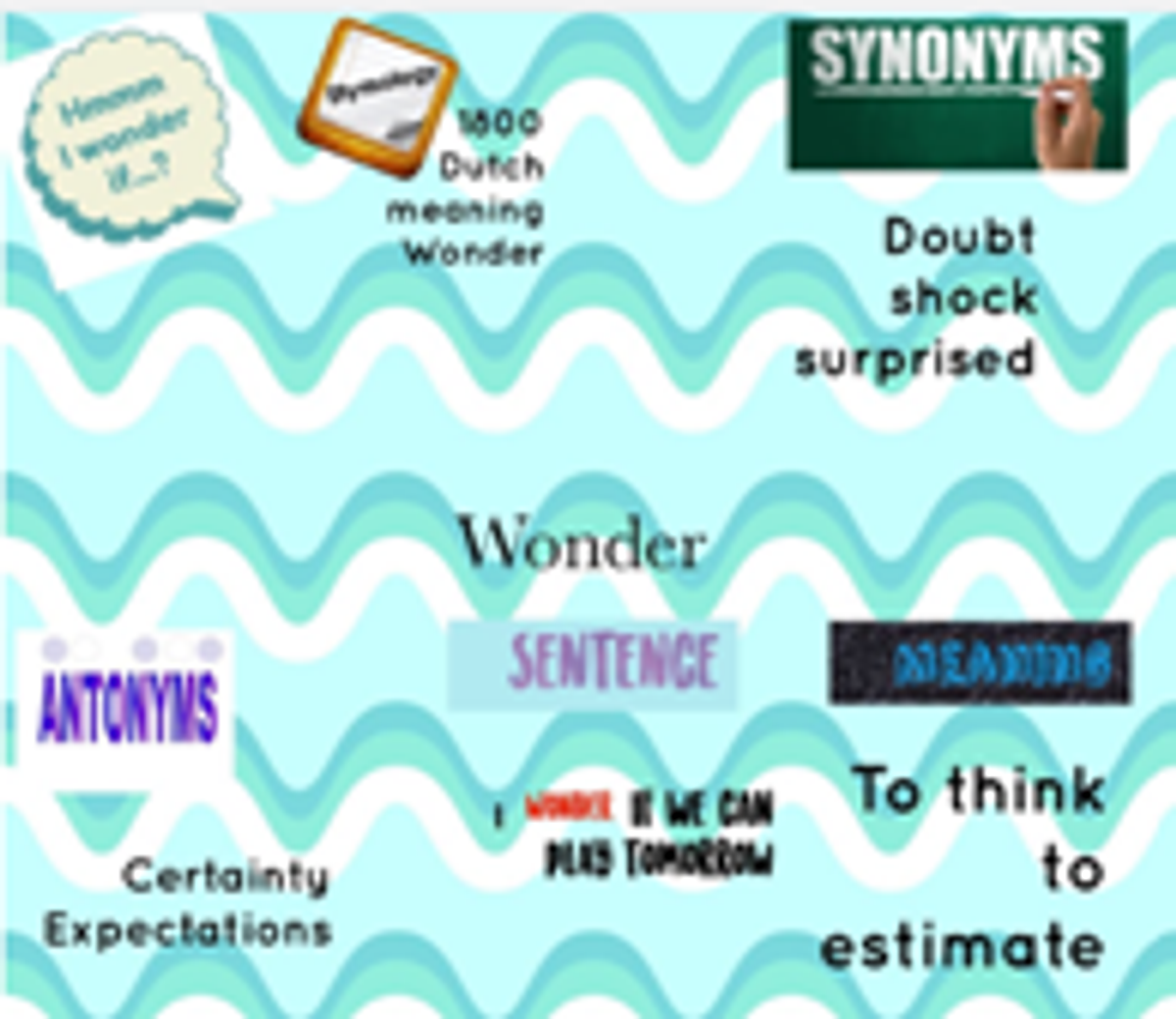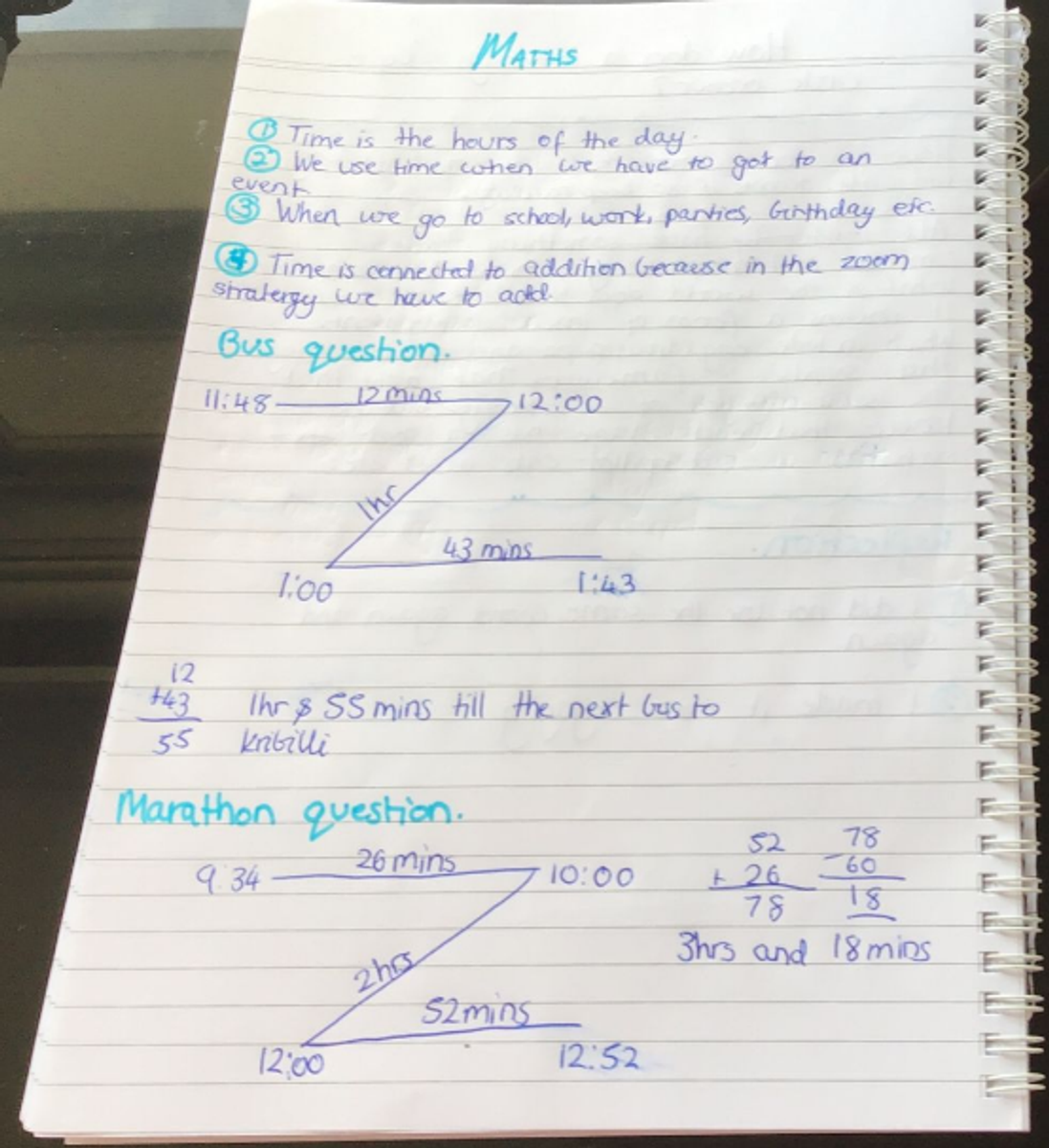Level 4 Newsletter
Term 3

Level 4 Newsletter
Term 3
Dear parents and guardians,
Welcome to Term Three and another brilliant term of learning at Glen Waverley Primary School. We are so proud of the incredible growth our learners have accomplished during these unprecedented times. Our learners' sense of maturity and independence along with a commitment to a renewed sense of adaptability, flexibility and resilience is to be celebrated.
We look forward in anticipation to watching our learners continue to thrive and strive as confident, active citizens. We are excited to be in partnership with you and your family as we navigate this learning journey globally together this year. If you have any questions or we can be of service in any way, please do not hesitate to contact us.
Yvette GavalovicYear 4 Teaching and Learning Leader
Inquiry
During our Inquiry learning this term, learners will be investigating the question “What factors lead to geographical challenges?” Looking through the lens of Geography, our learners will be discovering challenges that people face based on their geographical location which will require them investigating local, state and global issues. A key element of our inquiry will also involve transferring and thinking deeply about our Global Goal 4 ‘Quality Education’. Learners will be unpacking, ‘What is Quality Education?’ and discovering whether geographical locations have an impact on the quality of education. Our Inquiry learning will be connected to current world-wide events. Learners will come away from this Inquiry learning with an idea of actions that they can take to create change. We look forward to encouraging your children to think broadly about the concepts of geographical challenges, as well as developing deep questions to be investigated as individuals and as a class.
You can support this learning at home by:


Social-Emotional Learning
We will be supporting our learners in transferring our YCDI Keys to Success (Confidence, Persistence, Organisation, Getting along and Resilience) and our School values (Integrity, Respect, Initiative and Global Empathy) into their approach to remote learning. There will be powerful opportunities for our learners to discuss their overall health and well-being, as well as a chance to reflect on and demonstrate their gratitude and appreciation for the opportunities they are surrounded by. Throughout Term 3, our learners will also be taught the importance of Cyber Safety which is an extremely relevant topic.
Reading and Writing


This term we continue to build our learners ability to connect and transfer strategies between reading and writing. This takes shape when our learners connect our whole school strategies of CAFE and VOICES. We begin this term with a focus on explanatory writing which shifts our learners focus towards explaining how and why something works. This life skill will help our learners and your children to communicate reasons behind the way things are. For example they might answer questions ranging between ‘What is it like to live in Australia?” to “How does a plant grow?” These conversations allow learners to connect and understand how much they know about a topic and what they can investigate further into.
You can support this learning at home by:
We look forward to building our learners' language in explanatory writing and hearing how this transfers at home during learning from home 2.0!
Speaking and Listening
This Term as we continue with Remote Learning, respectful online etiquette is paramount. Learners will be focusing on understanding how social interactions online influence the way people engage with ideas and respond to others. Some examples include distinguishing the difference between posing questions and a statement, giving precise feedback and feed-forward through conferencing, how to ask clear, meaningful questions and the difference between open and closed questions. Learners will be encouraged to speak with confidence in a clearly audible voice and tone during group conferences. Students will be using language from Learning Intentions and Success Criteria to collaborate on learning tasks and go deeper in order to support and challenge each other's thinking.


Spelling
In Spelling, learners will continue to expand their vocabulary by identifying personal words. These are derived either from misspelt words in their writing or from challenging words that they come across organically and are recorded in their Thinking Tracks during Independent Reading. Each week, these words are explored more deeply by conducting a spelling inquiry, for example by looking at the root/base word, spelling patterns or even the etymology of the word. Learners will be expected to transfer their spelling words into their weekly speaking and writing each week.
Mathematics
Throughout Term Three, learners will continue to deepen their understanding of Mathematical concepts by applying their personalised SURF goals through independent tasks and reflections. The topics we are covering this term are:


A focus this term will be ensuring that learners are using a wide range of concrete, pictorial and abstract strategies to represent their mathematical thinking in multiple ways. Learners will be given the opportunity to make connections and transfer mathematical learning to real-world situations.
You can support this learning by facilitating conversations and finding opportunities for your child to make mathematical connections in the home and in real life. For example:
Thank you for making the time to read the Level 4 Newsletter and if you have any questions, please do not hesitate to contact your child’s classroom teacher.
Yours sincerely,
The Level 4 Team